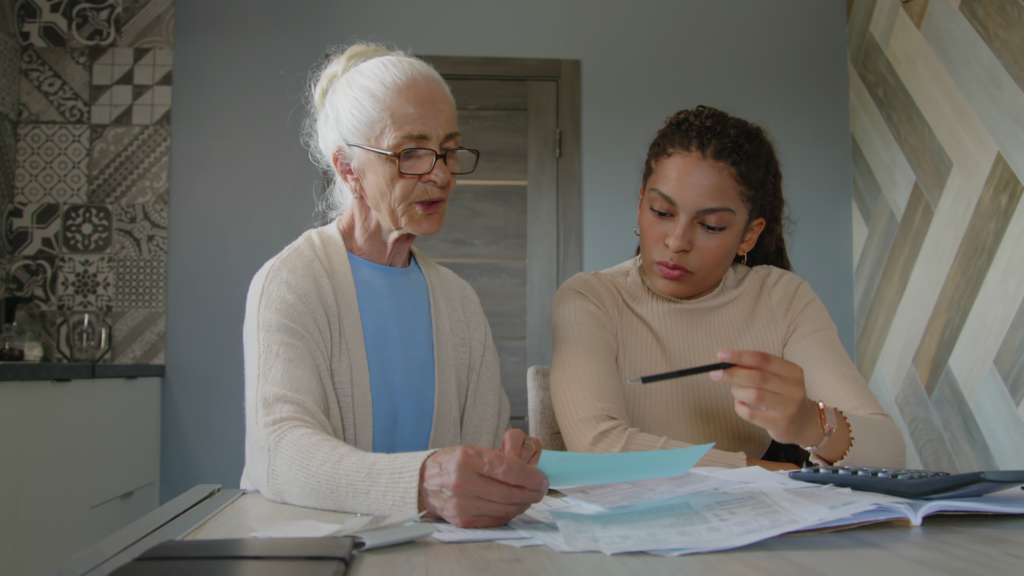Historic homes are architectural treasures that offer a glimpse into the past while providing unique living spaces with character and charm. These properties often come with a rich history, intricate craftsmanship, and distinctive features that set them apart from modern constructions. However, owning a historic home also presents specific challenges and responsibilities. Here’s an exploration of what makes landmark homes unique, their challenges, and how to preserve their value and character.
What Makes Historic Homes Special
1. Architectural Significance
Historic homes are often celebrated for their architectural significance. These properties might feature intricate details such as ornate moldings, handcrafted woodwork, stained glass windows, and unique facades. They reflect their respective eras’ design trends and craftsmanship, providing a tangible connection to history.
2. Unique Character
Each historic home has its unique character and story. The design, layout, and materials often reveal much about when the home was built. From Victorian gingerbread houses to mid-century modern gems, historic homes offer an eclectic range of styles and influences that are hard to find in contemporary buildings.
3. Historical Value
Owning a historic home often means stewarding a piece of history. These properties can be linked to significant historical events, figures, or periods, making them valuable as residences and cultural artifacts. Preserving a historic home can help maintain the historical fabric of a community or city.
4. Craftsmanship
The craftsmanship found in historic homes is often of a quality that’s hard to match today. Skilled artisans from the past employed techniques and materials that were handcrafted and built to last. This attention to detail and quality is part of what makes historic homes so desirable.
Challenges of Owning a Historic Home
1. Maintenance and Repairs
Historic homes often require more maintenance and repairs than modern homes. The materials used in these homes may have deteriorated over time, and finding suitable replacements or skilled artisans to undertake repairs can take time and effort. Maintaining the home’s historical integrity while making necessary updates requires careful planning and expertise.
2. Building Codes and Regulations
Historic homes are often subject to strict preservation regulations and building codes. These regulations protect the property’s historical and architectural value but can complicate renovation and maintenance projects. Understanding local preservation guidelines and working with professionals experienced in historic renovations is crucial.
3. Energy Efficiency
Older homes typically need more modern energy-efficient features and may need updated insulation, windows, and heating systems. Upgrading these elements to improve energy efficiency while preserving the home’s historic character can be complex. Solutions often involve careful balancing of modern technology with traditional aesthetics.
4. Cost
The cost of maintaining and restoring a historic home can be significant. From specialized materials to skilled labor, expenses can quickly add up. Additionally, historic homes may have limited resale value compared to new constructions depending on market conditions and the home’s condition.
Preserving the Value and Charm of Historic Homes
1. Work with Preservation Experts
When undertaking renovations or restorations, work with experts who specialize in historic preservation. They can guide you in maintaining the home’s character while making necessary updates.
2. Invest in Quality Materials
Use high-quality, historically appropriate materials for repairs and renovations. This helps preserve the home’s integrity and ensures that changes blend seamlessly with the original design.
3. Regular Maintenance
Implement a regular maintenance schedule to address minor issues before they become significant problems. Regular inspections can help identify areas that need attention and prevent long-term damage.
4. Engage with Preservation Communities
Join local or national preservation organizations to stay informed about best practices, available resources, and potential grants for historic home preservation. These communities offer valuable support and networking opportunities.
Conclusion
Historic homes offer a unique blend of architectural beauty, historical significance, and personal charm. While owning and maintaining a historic home comes with challenges, the rewards are significant. By understanding the unique qualities of historic homes, addressing their challenges with care, and engaging with preservation experts, you can ensure that these treasured properties continue to be appreciated and preserved for future generations.









